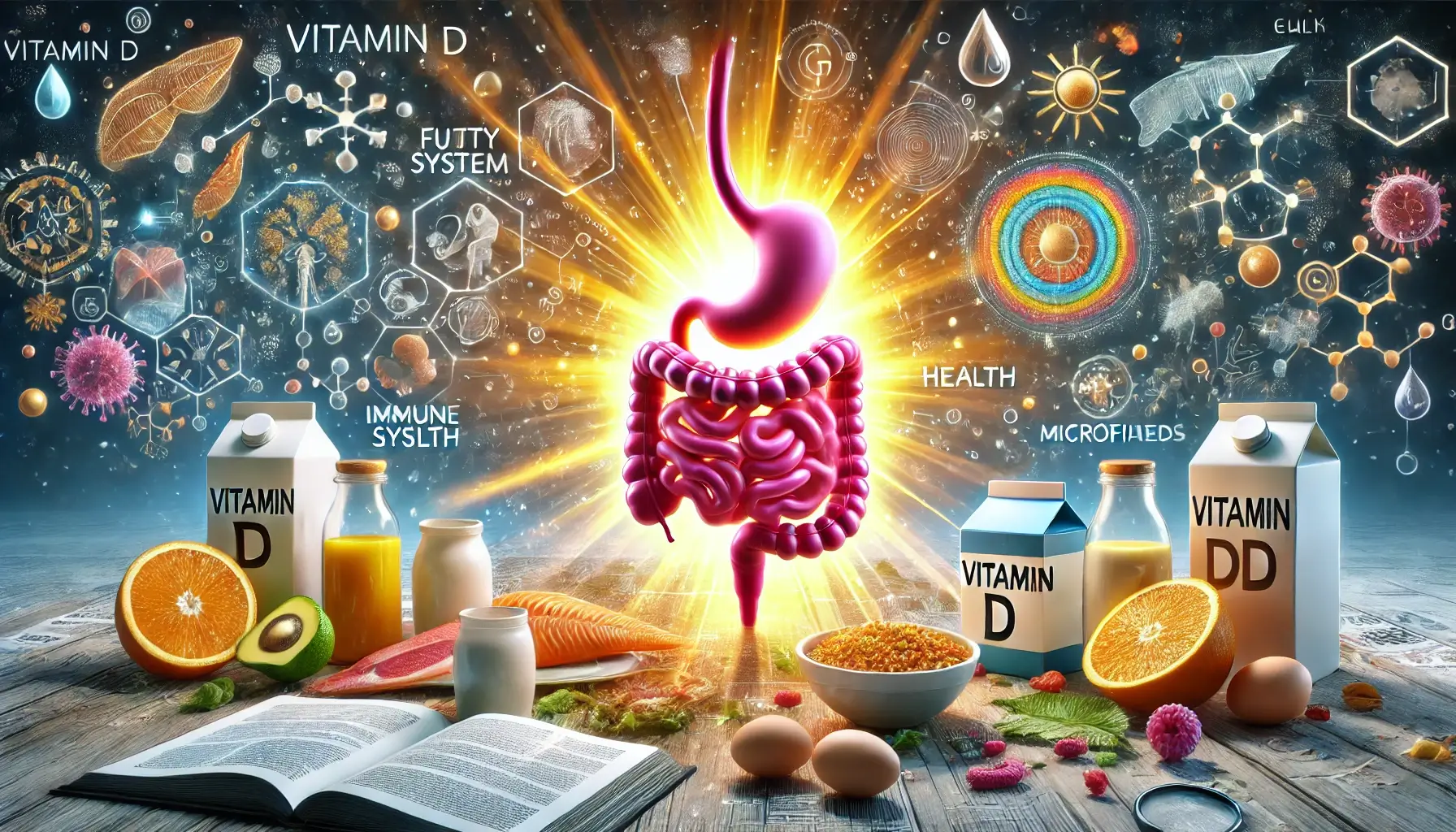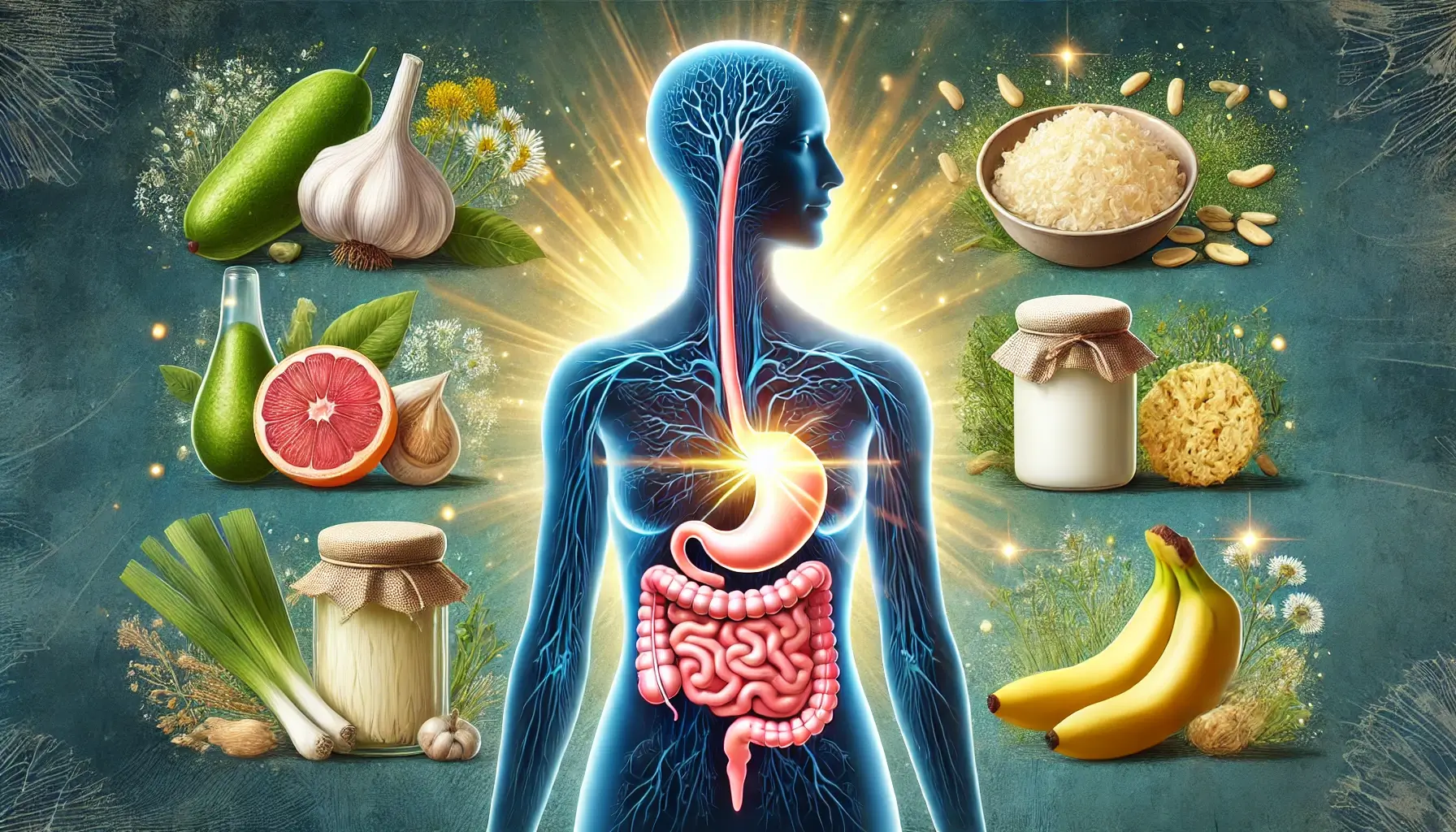Does Everyone Suffer from Digestive Disorders Like Indigestion, Acid Reflux, Diarrhea
While everyone suffers from digestive disorders at some point, the effects of these digestive issues can often be detrimental. For example, the discomfort from heartburn, indigestion, diarrhea, and other digestive problems can cause a person to feel irritable, tired, and even depressed.
While many of the symptoms of digestive disorders are subtle, they often require extensive diagnostic testing. Diagnosis of digestive disorders requires a thorough medical history and physical examination. A physician may recommend a blood test, upper or lower GI series, endoscopic examinations of the colon or esophagus, or ultrasound. Your primary care will recommend a CAT scan or MRI in most cases. If symptoms persist for a week or longer, you may need a more invasive diagnostic test.
285 million were Prescribed Drugs to Ease Stomach Pain
Although digestive conditions are common, they can be very debilitating. In 2010 alone, more than 70 million people sought medical attention for digestive problems. Of those, 20 million underwent surgical procedures, and 285 million were prescribed drugs to ease stomach pain. Most outpatient visits to medical providers were short-stay hospitals, accounting for 74% of the overall costs. Consumers incurred these costs for various digestive disorders, including prescription medications and diagnostic tests. Read More
In 2010, 62 million people in the United States visited healthcare providers for digestive disorders. These visits increase with age, with the peak incidence occurring in infants and children. Inflammatory bowel disease, chronic liver disease, and hemorrhoids are common in middle-aged adults. Men are more likely than women to visit a healthcare provider for digestive disorders. However, men tend to report symptoms of these conditions more often than women.
In addition to the above-mentioned gastrointestinal disorders, the U.S. government has a National Digestive Diseases Information Clearinghouse, an independent nonprofit organization that offers information about digestive diseases. The center provides patient resources and answers to questions. In addition, the center vets its publications for content and scientific accuracy. You can also request more detailed research through this service. The Center for Digestive Diseases is a comprehensive resource covering many facets of the field.
Gallstones, Intestinal adhesions, and hepatitis could cause GERD and IBS
Peptic ulcer, gastritis, and other functional gastrointestinal disorders are also covered. Gallstones, intestinal adhesions, and hepatitis are among the most common underlying causes of GERD and IBS. Patients with GERD should be aware of the symptoms and seek appropriate treatment. To better understand the causes and treatments of digestive disorders, it is necessary to consult a gastroenterologist.
Symptoms of Digestive Disorders include changes in the feces. Black, tarry feces are a sign of bleeding in the small intestine or stomach. Additionally, abdominal distention and severe pain during bowel movements are common signs of an underlying problem. Several factors can cause distention and abdominal pain. If you are experiencing these symptoms, your doctor should examine your digestive system. Read More
Natural Remedies for Digestive Disorders
The symptoms of digestive disorders vary from one another, depending on the cause. While a person may experience severe heartburn, irritable bowel syndrome, or Crohn’s disease may have different symptoms. Some gastrointestinal diseases are related to the higher digestive organs. For example, inflammation of the stomach lining and a condition called celiac disease can affect the function of the intestines. Inflammation in the esophagus and stomach are common signs of these disorders.
While there are many natural remedies for these digestive disorders, it’s crucial to consult your primary care physician to establish the right treatment plan—many effective natural remedies for heartburn, indigestion, acid reflux, diarrhea, and other digestive issues.
Heartburn is an Uncomfortable Condition
Heartburn continues to be one of the top issues among people who suffer from digestive disorders. Heartburn is an uncomfortable condition where the esophagus inflates, causing chest pain or a burning sensation when swallowing food. There are various causes for heartburn; improper food digestion is one. Dyspepsia is a condition where the stomach acid refluxes into the esophagus. Acid reflux occurs when the stomach acid becomes too acidic. A person with acid reflux syndrome often suffers from nausea, bloating, and pain.
Acid Reflux Disease can lead to Esophagitis
Heartburn can also occur because the esophagus lining does not heal itself as it should. When this happens, this can result in tissue inflammation, which increases the risk of developing heartburn. Acid reflux disease is one of the leading causes of heartburn, especially in women. Heartburn can lead to severe damage to the esophagus; if untreated, acid reflux disease can lead to Esophagitis, an infection of the esophagus lining. Treating acid reflux disease can be the key to relief and recovery from heartburn and other digestive disorders.













